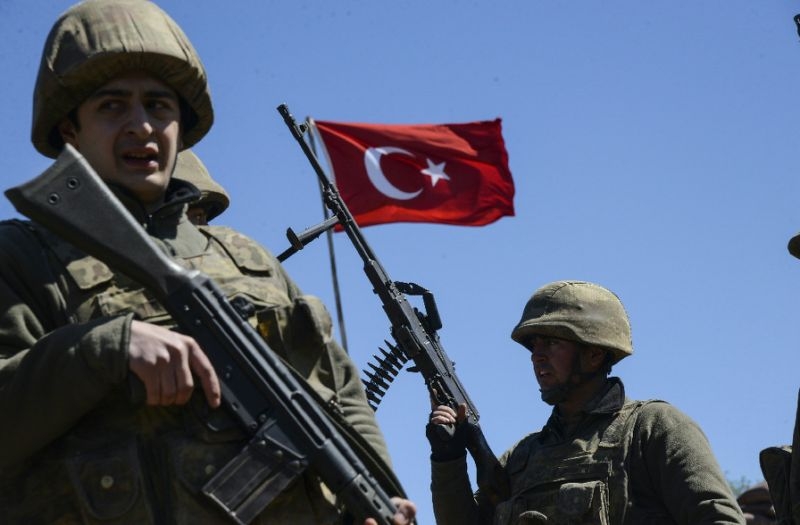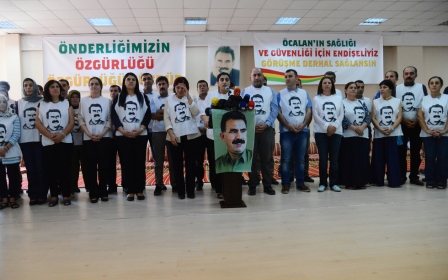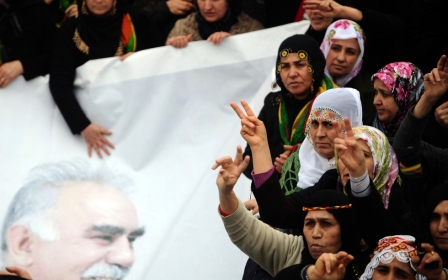At least 10 Turkish troops killed in PKK attacks: Media

Ten members of the Turkish security forces were killed in two separate attacks in southeastern Turkey on Monday blamed on the outlawed Kurdistan Workers' Party (PKK), local media reported.
Two soldiers and two village guards - locals employed to combat Kurdish militants - were killed and six others wounded in a roadside bomb attack in Mardin province, the state-run Anadolu news agency reported.
The bomb, planted by the PKK, exploded when a vehicle carrying the forces passed by, it said. The authorities have launched an operation to hunt down the "terrorists" who fled, it added.
In a separate incident, six Turkish soldiers were killed in clashes with the PKK on a highway by the town of Uludere near the Iraqi border, the private Dogan news agency reported. Another soldier was wounded in clashes that erupted at a checkpoint near a prison on the highway, according to Dogan.
The PKK, designated as a terror group by Turkey and its Western allies, has waged a bloody campaign against the Turkish state since it took up arms in 1984 for self-rule in the Kurdish majority southeast.
The Turkish army meanwhile said eight PKK members were "neutralised" on Sunday in ground and air operations in Hakkari province near the Iraqi border, according to Anadolu.
It said 320 PKK militants have been killed in Hakkari since the operations began several weeks ago but the figures could not be independently verified.
The PKK in March 2013 declared a unilateral ceasefire but this collapsed in 2015 and violence has raged ever since in a deadly conflict that so far shows no sign of ending.
New MEE newsletter: Jerusalem Dispatch
Sign up to get the latest insights and analysis on Israel-Palestine, alongside Turkey Unpacked and other MEE newsletters
Middle East Eye delivers independent and unrivalled coverage and analysis of the Middle East, North Africa and beyond. To learn more about republishing this content and the associated fees, please fill out this form. More about MEE can be found here.




